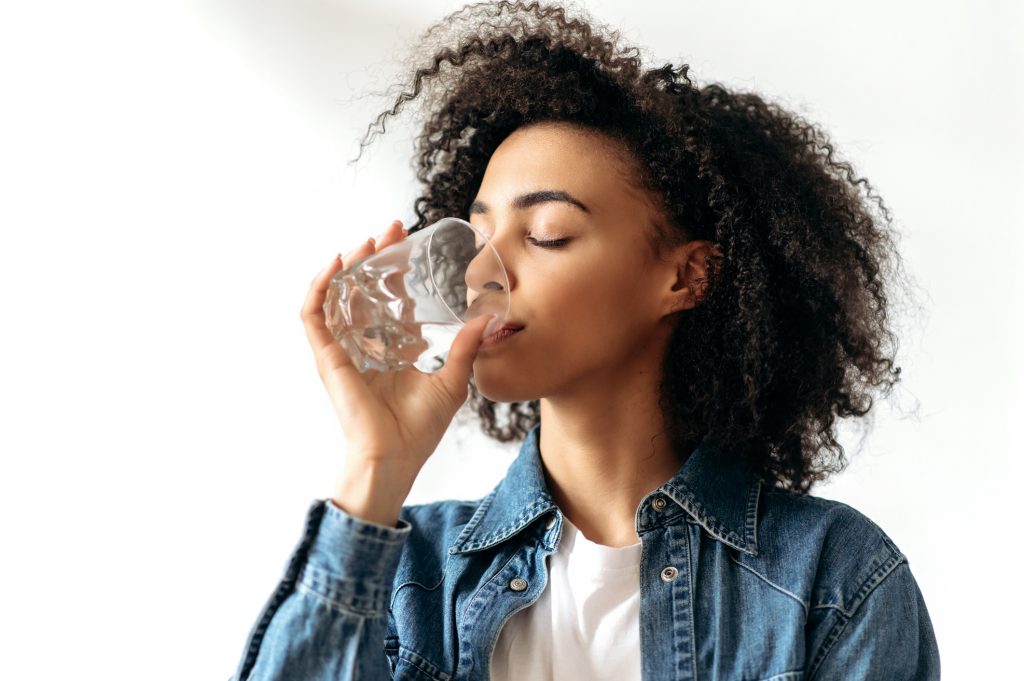
Protect yourself from extreme heat
Take precautions to ensure that high temperatures do not affect your health.
The summer has numerous benefits for the body: we absorb valuable vitamin D, we feel in a good mood and enjoy more outdoor activities. However, despite the opportunity to take a holiday and rest, there are some basic precautions we need to take if we want to stay healthy.
Summer heatwaves are getting more frequent because of climate change. That’s why the authorities recommend we take precautions to prevent heat stroke, dehydration and blackouts and fainting.
The risks of high temperatures
The body loses fluids and mineral salts through sweat. If these are not replaced, we may suffer from symptoms such as headaches, dizziness, muscle weakness and cramps, nausea and vomiting, and even slightly raised body temperature.
Heat stroke occurs when the body is unable to control its temperature, which increases rapidly and can reach 40.6º C. In such cases we feel hot, with dry, red skin, a rapid pulse, intense pain, confusion, and even loss of consciousness.
Extreme heat can cause a sudden fall in blood pressure and cause pre-fainting or fainting.
Six tips for beating the heat
To avoid problems associated with high temperatures, follow these simple recommendations:
- Stay hydrated: drink plenty of water and liquids before you get thirsty, unless there is some medical reason not to do so. Avoid alcoholic drinks, coffee, tea or cola and very sugary drinks.
- Stay in cool places: on extremely hot days, stay somewhere cool. Spend at least two hours somewhere with air-conditioning. At home, lower the blinds to keep the sun out and do not open the windows at the night, when the temperature outside is higher.
- Light clothing: avoid leaving home between 2 pm and 6 pm when it is very hot, particularly if you will be exerting yourself. When you go outside, try to stay in the shade, wear a hat and light-coloured clothing.
- Eat light meals: eat light meals, choosing foods that will help you to replace salts lost through sweating, such as salads, fruits, vegetables, gazpachos or juices.
- Do not exercise at midday: avoid outdoor physical activities when it is hot outside, particularly intense exercise.
- Protect yourself from the sun: sunburn is caused by direct sunlight on the skin, even when it isn’t too hot. To avoid damaging your skin, use sunscreen (minimum SPF 20) when you will be exposed for long periods.
What to do in cases of heat stroke or fainting?
- Go to the emergency room: without urgent medical help, heat stroke can be fatal. If you notice that someone is suffering from heat stroke, call 112 to ask for help and stay with the victim.
- Cools the body: while you are waiting for the emergency services to come, take the person to the shade or a dark room. Put cold wet cloths on their body or get them to take a cold shower.
- Check that the person is breathing: make sure that the person is breathing properly, loosening clothing to help. Tell them to breathe deeply in through the nose and out through the mouth.
- No food or drink: It is best not to eat or drink anything until the person is fully recovered.
Not everyone reacts to hot conditions in the same way. The elderly, the sick, people with psychological disabilities and children are most at risk.
Be ready to help the most vulnerable people around you.
This post is also available in: Portuguese (Portugal)
